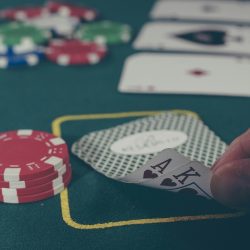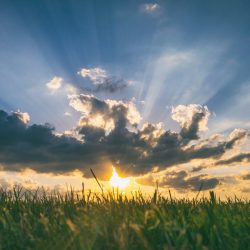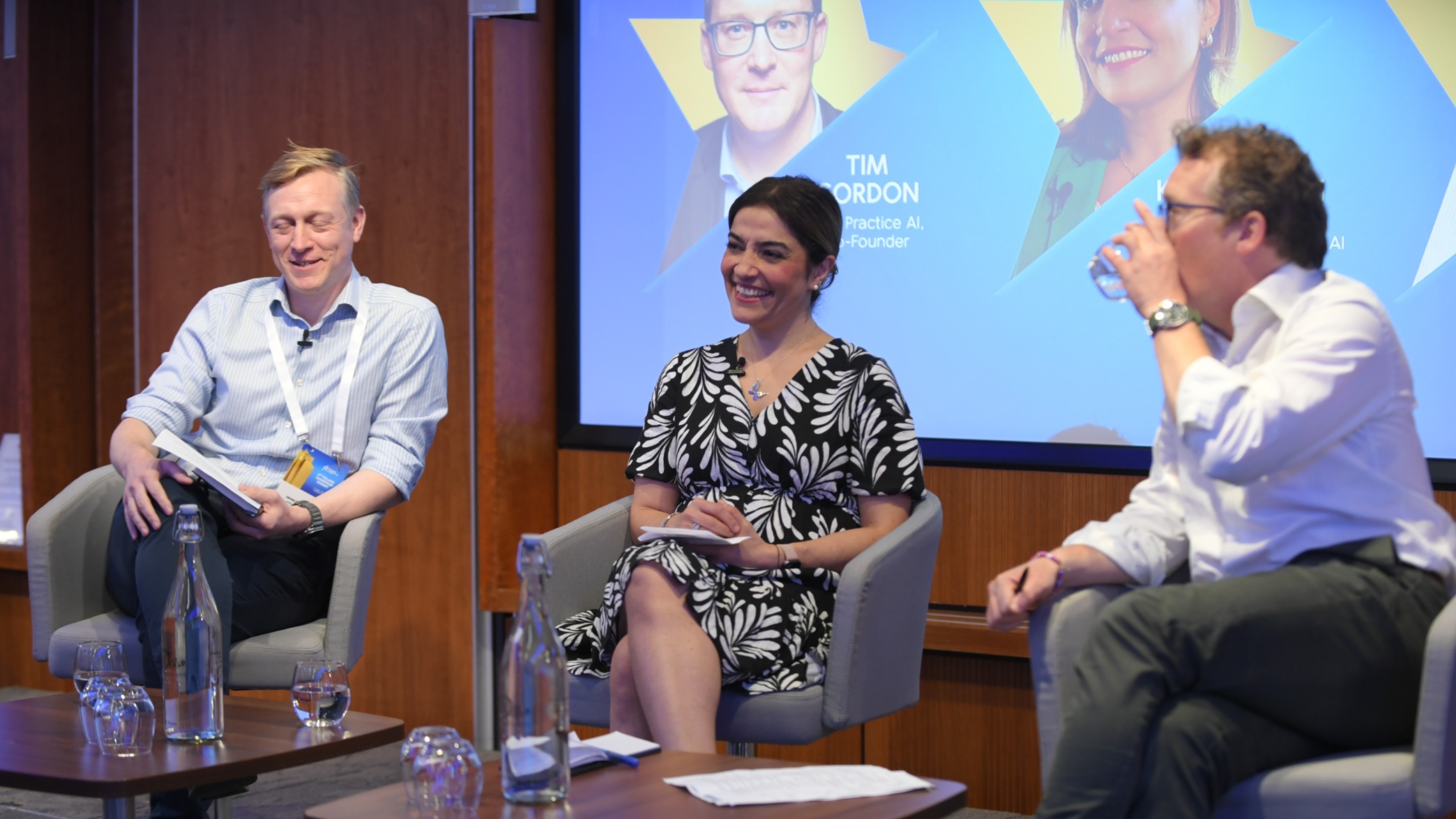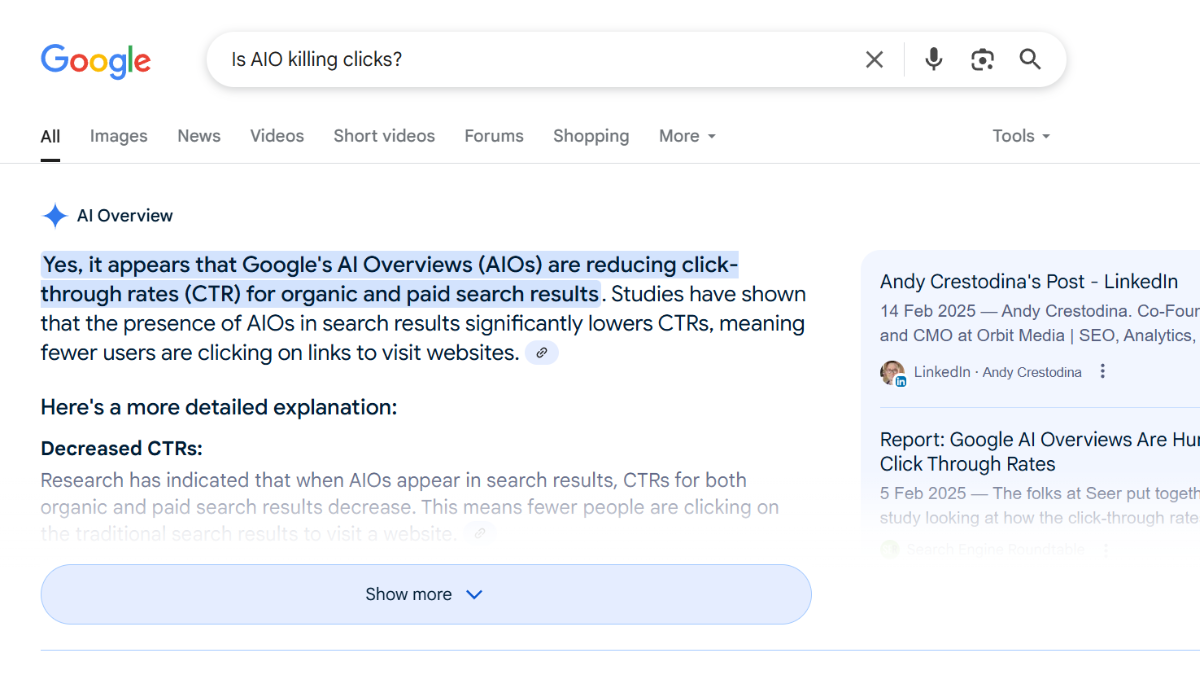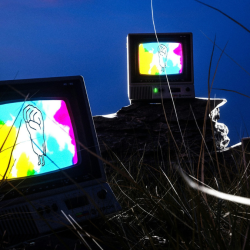If you’re hoping to win an award for something creative, it pays to know the unwritten rules.
Take films, for instance. The Oscar for Best Picture is supposed to go to the best film of the year. However, if your film is in the genre of horror, action or even comedy, you might as well not bother. Oscar voters love dramas, so if you’ve made something else, don’t bother writing an acceptance speech.
Certain awards, such as the Emmys, even invented a Best Comedy category to ensure that excellent funny TV shows and their actors, writers and directors might just have a chance of winning something.
The Grammys has never given its most prestigious award, Album Of The Year, to a hip hop record. Instead they’ve preferred the inoffensive pop of Taylor Swift and Bruno Mars, or the dinner party soul of Adele and Norah Jones.
In advertising, the idea of awards going to the biggest, most famous campaigns left town long ago
These days you have to attach some kind of purpose-based initiative to your brand to have a chance of winning. In fact, last month’s Cannes Lions awarded over 85% of its 32 Grand Prix awards to this kind of work.
I guess people have become aware of the limitations mentioned above, and adapted accordingly. I doubt Adam Sandler truly feels overlooked by the Academy, but the chance of a prize might have been behind his decision to take on the excellent non-comedy, Uncut Gems. In the case of advertising, agencies often spend plenty of their own time and money creating the kind of work that wins prizes, usually in addition to the real advertising campaign that is intended to generate actual sales.
But before we get too worked up about the cynicism of it all, let’s be clear: these awards are not even what they claim to be. The Oscar is not awarded for the best film of the year; it’s awarded to the film the Academy members chose to receive that award. They might not even vote for the film they think is best, instead choosing the film that sends the right message about racism, or the one their spouse preferred.
But we all buy into that ‘best’ adjective, then debate whether this film or that film really was worthy of joining the supposed pantheon of greatness.
Advertising awards are the same
Are these ads the best? No, they’re the ones that a haphazardly-selected international jury of 5-10 people who watched everything out of context, often online, but sometimes in a windowless room for two days, decided at that particular time, on that particular afternoon, should be given these awards. Nothing more, nothing less. I’ve served a little time on juries and seen ads awarded or rejected for all sorts of reason unrelated to pure quality.
And that exposes the folly at the heart of all this: how much sense does it make to judge creativity? What makes Green Book better than Roma, The Favourite, or Vice? Why is Taylor Swift’s 1989 better than Kendrick Lamar’s To Pimp A Butterfly? Why did the advertising jurors of D&AD and The One Show give their top awards to The anti-school shooting initiative ‘The Lost Class’, while the Cannes jurors did not?
Easy: because there is no definitive ‘better’, and there’s certainly no ‘best’. Despite what award juries would have us believe, there is no painting, song, poem, novel, movie, sculpture or script that is unarguably better than all the others in a twelve-month period.
But we still pay attention, year after year, to these arbitrary bunfights, so there must be something compelling within the judgements and the conversations they inspire.
Perhaps we actually enjoy the imperfection of it all. At the end of the day we all understand that true creative certainty can never be measured, but like the Academy of Motion Picture Arts and Sciences, we just live for the drama.
Featured image: mostafa meraji / Unsplash






